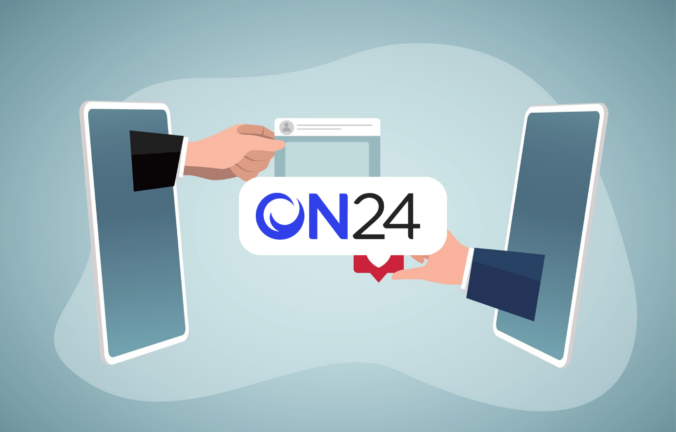CRM now plays a more strategic role in steering sales and marketing activities than in the past, as revealed by a recent survey by SugarCRM. Organizations are raising their expectations for CRM systems to address contemporary requirements in sales, marketing, and customer service, and this shift is shaping the evolution of CRM into a "customer personal assistant," where AI plays a pivotal role.
SugarCRM has surveyed to gain insights into how CRM usage has shifted in the past five years and to identify the new CRM priorities that companies are focusing on in the future.
“No longer is CRM simply a note-taking database; now it must analyze data and guide reps on where to focus their attention throughout the day,” said Clint Oram, SugarCRM’s Co-Founder and Chief Strategy Officer.
As many as 60% of respondents utilize CRM as a centralized hub for managing and cultivating leads or existing customers. Additionally, 43% are harnessing CRM for sales forecasting and gaining insights into their sales pipelines, while 41% use it to gather intent data and perform lead scoring.

The growing significance of CRM
Over half of the respondents (57%), believe that their CRM solution has grown in significance over the past five years in assisting them in achieving their sales and marketing objectives. Specifically, 37% of those surveyed rely on CRM to gain insight into their sales pipelines, 35% depend on it to ensure the quality of their sales leads, and 31% count on it to maintain an adequate quantity of sales leads.
In the last five years, organizations have increasingly used CRMs to aid in various areas, including customer service and upselling/cross-selling activities (33%), nurturing mid-funnel leads (32%), creating awareness at the early stages (21%), and supporting low-funnel sales efforts (14%).
Regarding integrating marketing and sales technologies with their CRM solutions, nearly half (46%) have incorporated marketing automation and/or email marketing tools. Additionally, 35% have integrated analytics and measurement dashboards, while only 12% have integrated account-based marketing tools.
Future priorities
In the coming five years, organizations have identified key priorities for enhancing the value derived from their CRM systems. These priorities include obtaining a comprehensive view of all customer interactions, which is the top goal for 45% of respondents. Additionally, 20% of those surveyed aim to harness the power of AI, and 14% want to create targeted and personalized content across various communication channels.
While CRM is deemed more vital than ever for B2B organizations, they still deal with challenges related to their existing CRM system. Specifically, 41% encounter limitations in platform features, and an equal percentage face difficulties integrating technology. Internal hurdles such as knowledge and skill gaps hinder CRM usage for 37% of respondents, with an additional 34% citing challenges related to technology adoption.
In other news, SugarCRM has formed a strategic partnership with sales-i, to improve sales performance in B2B sectors such as manufacturing, wholesale, and distribution.









